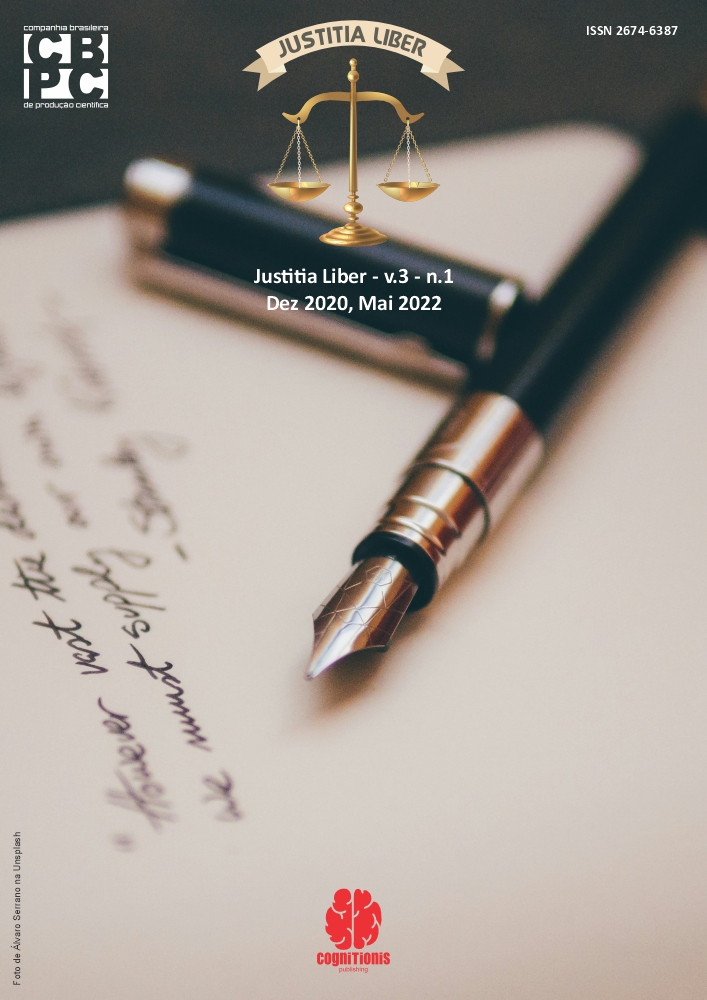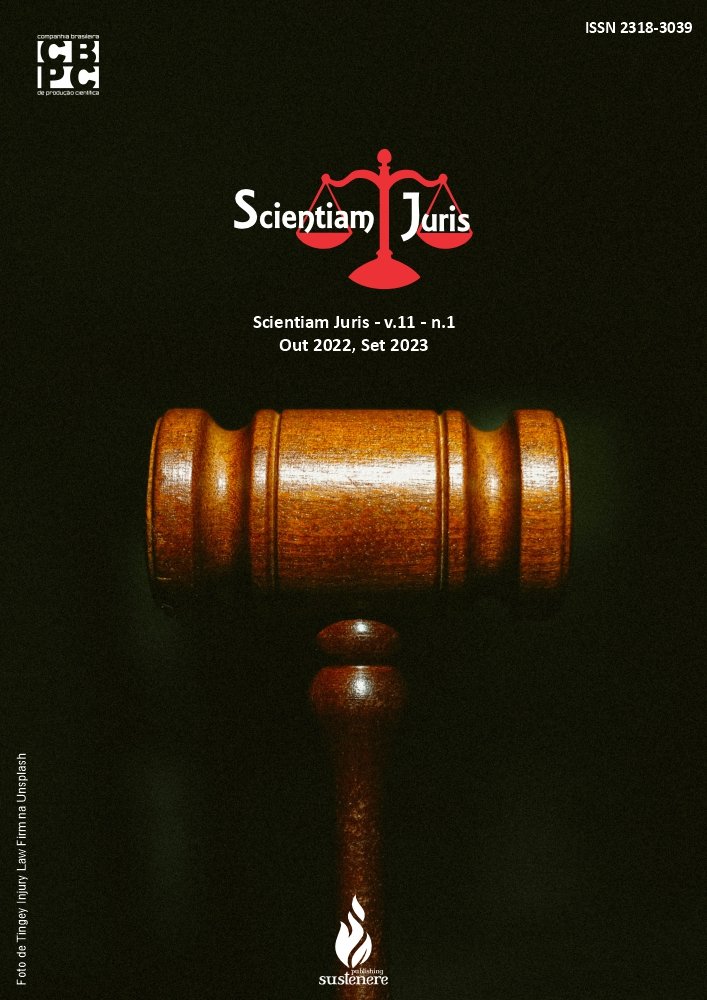Property and possession in brazilian Civil Law: contemporary challenges of the crypto economy and the impact of emerging technologies
DOI:
https://doi.org/10.6008/CBPC2674-6409.2024.001.0005Keywords:
Civil Law, Crypto Economy, Possession, Property, Blockchain, Artificial Intelligence, Emerging TechnologiesAbstract
This article investigates the traditional theories of possession and the transformations in property law within the context of Brazilian Civil Law, considering the contemporary challenges posed by the crypto economy and emerging technologies such as blockchain and artificial intelligence. The general objective is to propose a regulatory revision that aligns established legal practices with new technological demands. Methodologically, the study is theoretical and exploratory, based on legislative sources, case law, and specialized literature, comparing the subjective and objective theories of possession, their limitations, and their applicability in light of technological innovations. The discussion delves into the impact of the crypto economy and emerging technologies, addressing the seizable nature of cryptocurrencies, the use of blockchain in real estate registration and smart contracts, and the application of artificial intelligence in the management of intellectual property. The results point to the need for an adaptation of the legal framework so that Civil Law can adequately regulate digital assets and protect citizens' rights in the digital environment. The conclusion highlights that revisiting possession theories and modernizing property laws are essential to balance tradition and innovation, ensuring legal security and efficiency in contemporary economic and social relations.
Downloads
Published
Issue
Section
License
Copyright (c) 2024 Libro Legis

This work is licensed under a Creative Commons Attribution-NonCommercial-NoDerivatives 4.0 International License.
The CBPC - Companhia Brasileira de Produção Científica (Brazil CNPJ: 11.221.422/0001-03) the material rights of the published works. The rights relate to the publication of the work anywhere in the world, including rights to renewals, expansions and dissemination of the contribution, as well as other subsidiary rights. All electronically published works may subsequently be published in printed collections under the coordination of this company and / or its partners. The authors preserve the copyright, but are not allowed to publish the contribution in another medium, printed or digital, in Portuguese or in translation.








